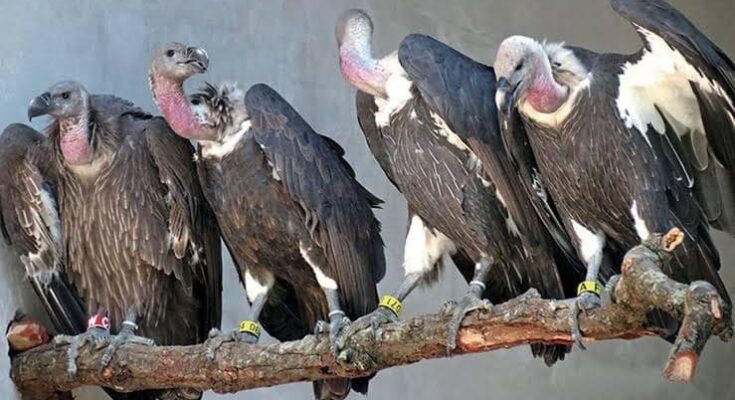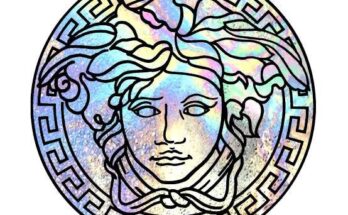Totem is defined as a natural object or animal that is believed by a particular society to have spiritual significance and that is adopted by it as an emblem. It is inherited by members of a clan or family as their spiritual emblem.
Clan groups have caretaking responsibilities over their totems. Traditionally, totems defined peoples’ roles and responsibilities and their relationships with each other and creation.
A totem animal is an animal spirit guide believed to stay with you for life, both in the physical and spiritual world. You have a special bond and connection with this animal through interest, characteristics, dreams, or other interactions.
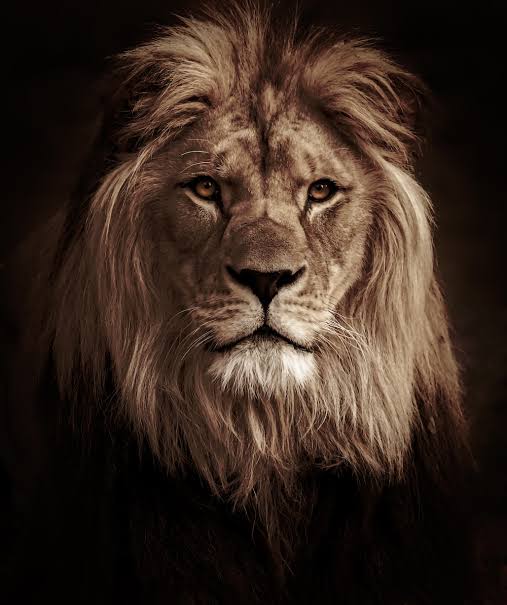
In Emekuku of Owerri North, Imo State, Udele (Vulture), is their totem.
As with other igbo cultural practices, the reverence of this totem, has been demonized by Christianity. But despite this, custodians of the tradition of Emekuku still once in a while, honor Udele, especially during Ugu Uzo.
Udele, known in English language as Vulture. Vulture is a large bird of prey with the head and neck more or less bare of feathers. Most vultures have a large pouch in the throat (crop) and can go for long periods without food—adaptations to a feast-or-famine scavenging lifestyle. In some species the beak is exceptionally strong and heavy for tearing hide, muscle, and even bone. Eyesight in all vultures is well developed, as is the sense of smell.
Vultures have broad food habits, consuming carrion, garbage, and even excrement, but rarely do they descend upon live animals. A few occasionally take helpless prey such as lambs and tortoises.
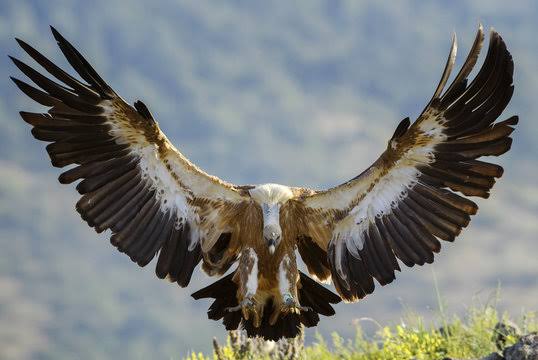 Vultures may remain aloft for hours, soaring gracefully on long broad wings. When one bird descends to a dead or dying animals, others may be attracted from miles away.
Vultures may remain aloft for hours, soaring gracefully on long broad wings. When one bird descends to a dead or dying animals, others may be attracted from miles away.
When feeding, vultures maintain a strict social order based on body size and strength of beak. Smaller vultures must wait for the scraps left behind by the larger, dominant species.
Even large vultures, however, give way to nearly all mammalian competitors, including jackals, hyenas, and coyotes.
Old World vultures build large stick platform nests in trees or on cliffs, sometimes in large colonies. Most of the larger Old World vultures lay only a single egg.
New World vultures do not build nests but lay their eggs in bare scrapes in natural cavities in cliffs or trees; none nests colonially.
Like most bird groups, vultures can be referred to as a flock, though they can also be labelled as either a venue, volt, or a committee.
However, when it comes to the vulture group feeding around a carcass, they are called a wake, and when the birds are in flight formation, they are known as a kettle.
There are broadly, two classes of Vultures; The Old World Vultures and The New World Vultures.
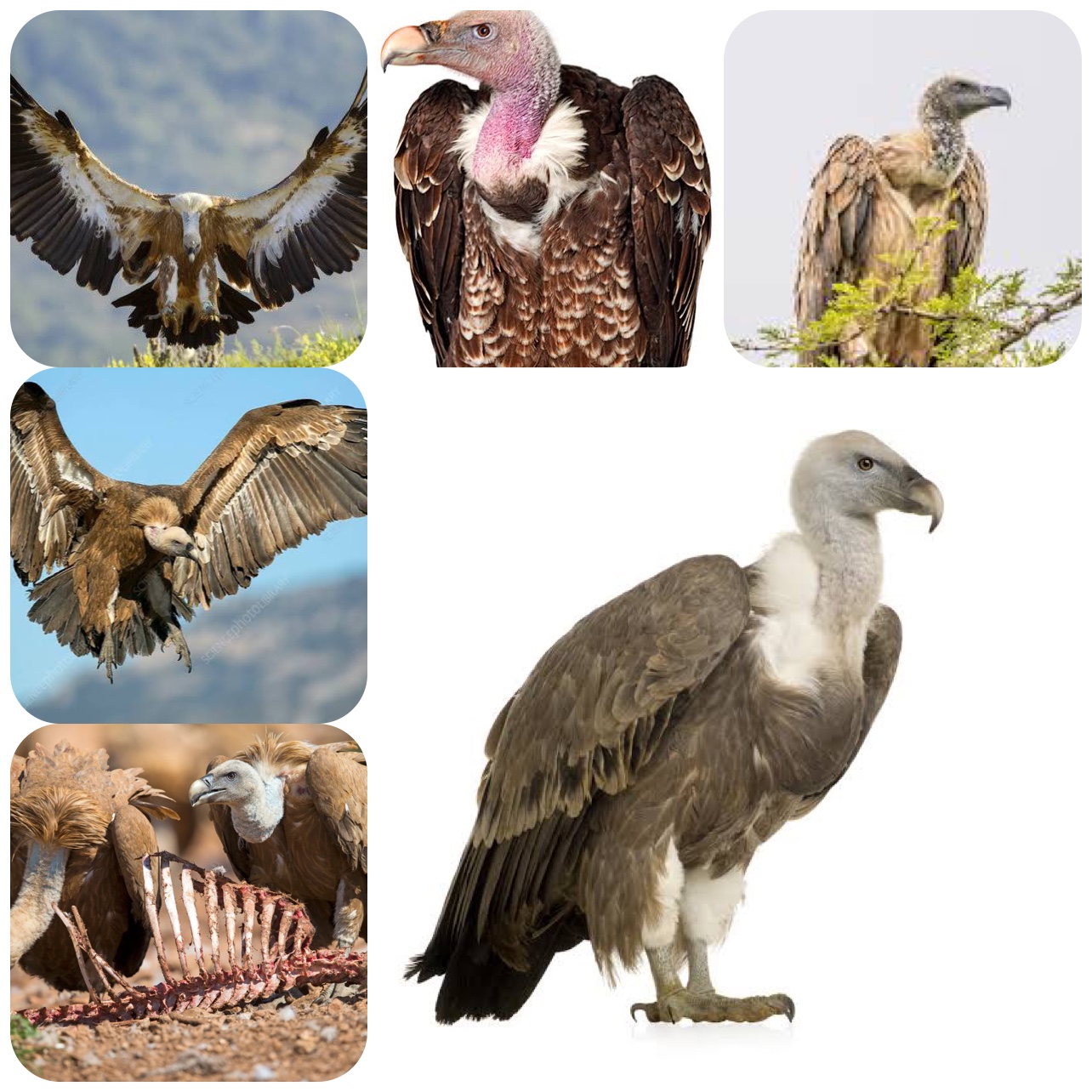 Udele, the totem of Emekuku, belongs to the Old World Vultures classification. Some of the species in this class are;
Udele, the totem of Emekuku, belongs to the Old World Vultures classification. Some of the species in this class are;
- The cinereous vulture, sometimes called the black vulture (Aegypius monachus)
- The Egyptian vulture (Neophron percnopterus), also called Pharaoh’s chicken.
- The lappet-faced vulture (Torgos tracheliotus), sometimes called the eared, or Nubian, vulture.
- The palm-nut vulture (Gypohierax angolensis)
Because the Vulture is migratory, it is difficult to pinpoint which of these species is the one Emekuku reverences at his totem. But going by their habitat and diet, one will be safe to opine that, it is either The Egyptian vulture(Neophron percnopterus) or the lappet-faced vulture (Torgos tracheliotus), sometimes called the eared, or Nubian, vulture.
A traditional title holder Nze Dushike, Lucious Uche, Ekenweohia Owerri North, says, the Udele, is not the common black types seen at abattoirs or road side feeding on carcasses. He said it is a royal predominantly white vulture and once it comes out, it will fly through the 10 villages that make up Emekuku Ofo iri.
At is appearance and being sighted, elders will start making chants and incantations hailing it while trying to find out what omen it has brought.
Emekuku people believe that a Vulture doesn’t appear carelessly.
It appears when there is a pressing message from the gods or when a great son of Emekuku has joined the ancestors.
Though it eats on dead animals, it is considered holy. Vulture, the sanitation officer, do not enter a village that is not holy or a village that is yet to purge itself of any taboo against the land and the gods.
As a rule, Emekuku do not eat Udele.
With additional information from; https://www.britannica.com/animal/vulture
https://www.discoverwildlife.com/animal-facts/birds/facts-about-vultures/

